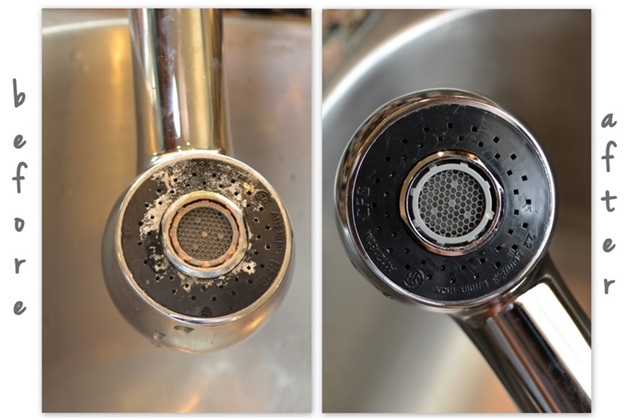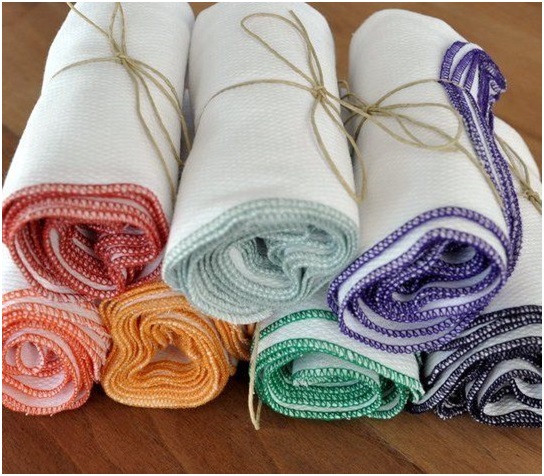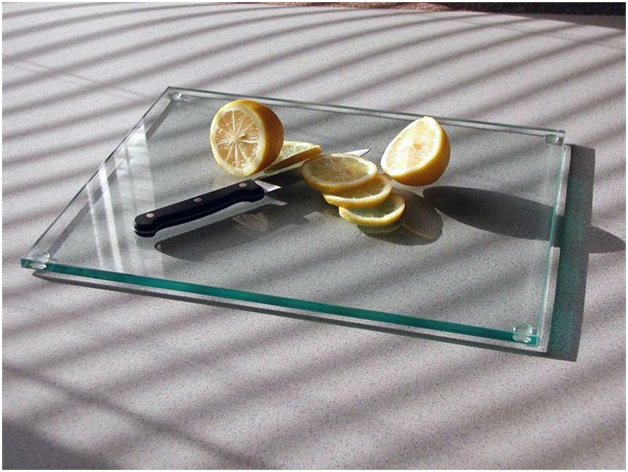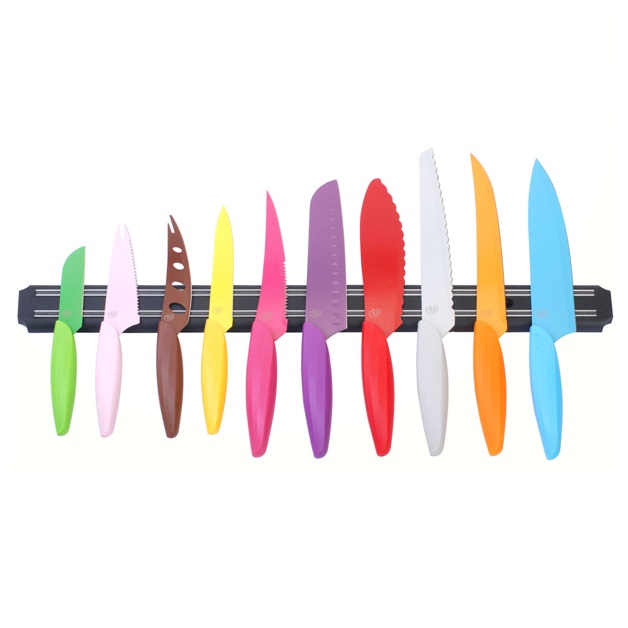Whether you’re part of the slow food movement, preparing gourmet meals from scratch, or you microwave like a champ, you still need to be mindful of preventing germs in your kitchen. Food poisoning affects millions of people each year, causing nausea, fever, stomach cramps, headaches, and a whole slew of unpleasant symptoms. Follow these simple cleaning tips from Modernize to keep your kitchen clean and your food safe.
Be aware of germs on kitchen surfaces
Other than regular cleaning of the kitchen floors and countertops, there are also numerous hidden places in which germs could be hiding in your kitchen. For that reason, cleaning should be done more meticulously in which you should be cleaning, refrigerator handles, the face of your microwave and more. Surfaces that are frequently touched are a hotbed for dangerous germs that can lead to cold and flu symptoms. Use disinfecting spray or wipes on your kitchen light switches, stove knobs, fridge handles, and appliance controls whenever you can.
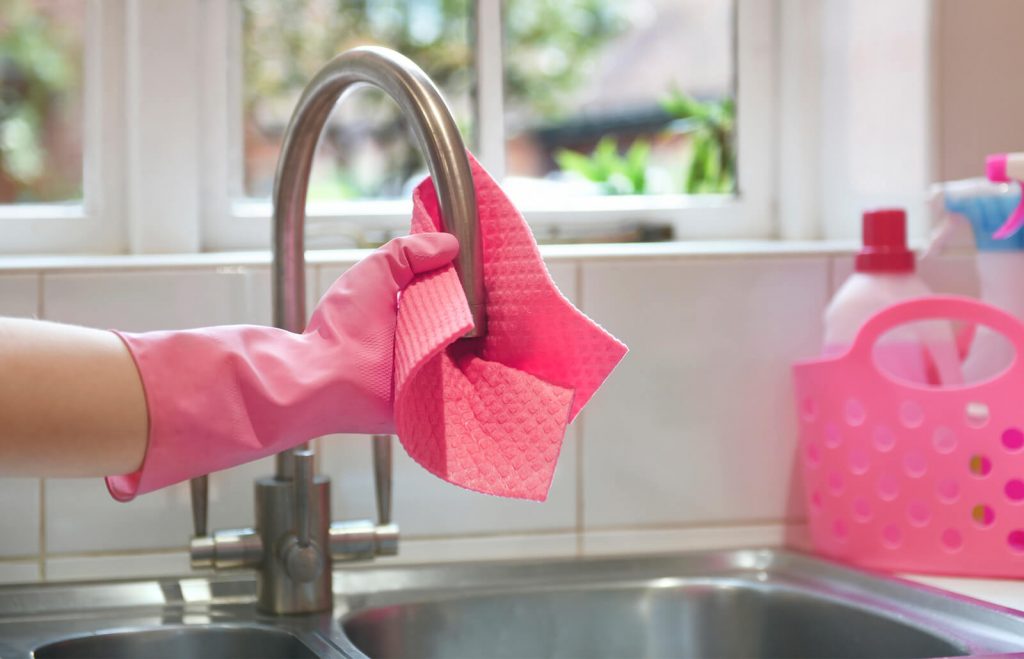
Wash Your Hands Frequently
This seems simple enough, but if you’re preparing a meal with poultry or eggs and turn to grab something out of the refrigerator, you could be transferring dangerous salmonella bacteria to other surfaces in your home. Before you start cooking, after you use the restroom, if you touch your face or hair, and especially when preparing a meal, remember to wash your hands thoroughly with warm soapy water to prevent the spread of bacteria.
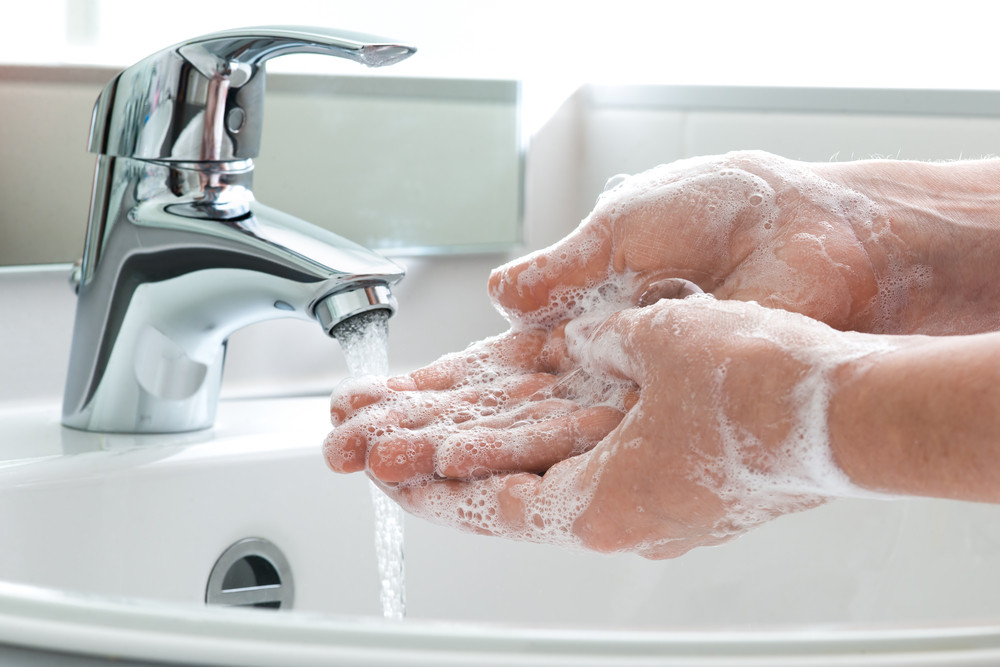 Clean Your Kitchen Faucet Once a Week
Clean Your Kitchen Faucet Once a Week
It’s easy to forget about the kitchen faucet. Water comes out of there, so it has to be clean, right? Wrong. Regularly bumping up against dirty dishcloths and having food particles splashed on it can make your faucet a hotbed for germs. To keep your faucet (and the water coming out of it) safe, you should remove the filter once a week and soak it in white vinegar overnight.
Reevaluate Your Cleaning Tools
When it comes to wiping off counters and scrubbing and drying dishes there is a lot of debate about which tools are most effective at combatting germs. While paper towels are probably your best bet, environmentally they may not be the best choice. Sponges are definitely a greener alternative to paper towels, but unfortunately they can also be a breeding ground for germs. You can (and should) sanitize your sponges on a regular basis. Simply place your sponge in a bowl, cover it with water, and microwave for three minutes. Allow sufficient time for it to cool because it will be hot!
Another alternative to consider is using microfiber towels. You can wash towels just as often and as effectively as you would wash your soiled clothes, so the germ factor is not particularly worrisome and you’re not adding any additional waste to landfills. In terms of the potential for cross contamination, it does take a little mindfulness. If you’ve used a towel to clean up after preparing chicken, make sure not to use that same towel to dry your hands after washing them.
Make the Switch to Glass Cutting Boards
Wooden cutting boards can be a beautiful addition to your kitchen, but once they get nicks in them that creates a space for bacteria to fester. A glass cutting board is a much better option long-term, as it is nonporous and more germ resistant. We recommend having two—one for produce and one for meat to prevent cross contamination.
Ditch the Big Knife Block
Knife blocks are a big trouble spot in kitchen. When knives are cleaned and then placed back into the block while still wet, mold can begin to grow within the block in less than 48 hours. To avoid this, scrub knives with soap and warm water and allow to dry completely before returning to the knife block. An easier and more effective solution is to utilize a magnetic strip, as pictured here, to store your knives and allow them to properly air dry.
Clean The Sink
Just because your dishes are washed and cleaned, does not mean your sink is. Dirt and grime leftover from washing pots and pans may not have completely gone down the drain. Take the extra minute to spray down the sink and the surrounding area with kitchen cleaner. Wipe and rinse the area with a sponge used for cleaning the sink and counters, not the sponge you use to wash your dishes with.
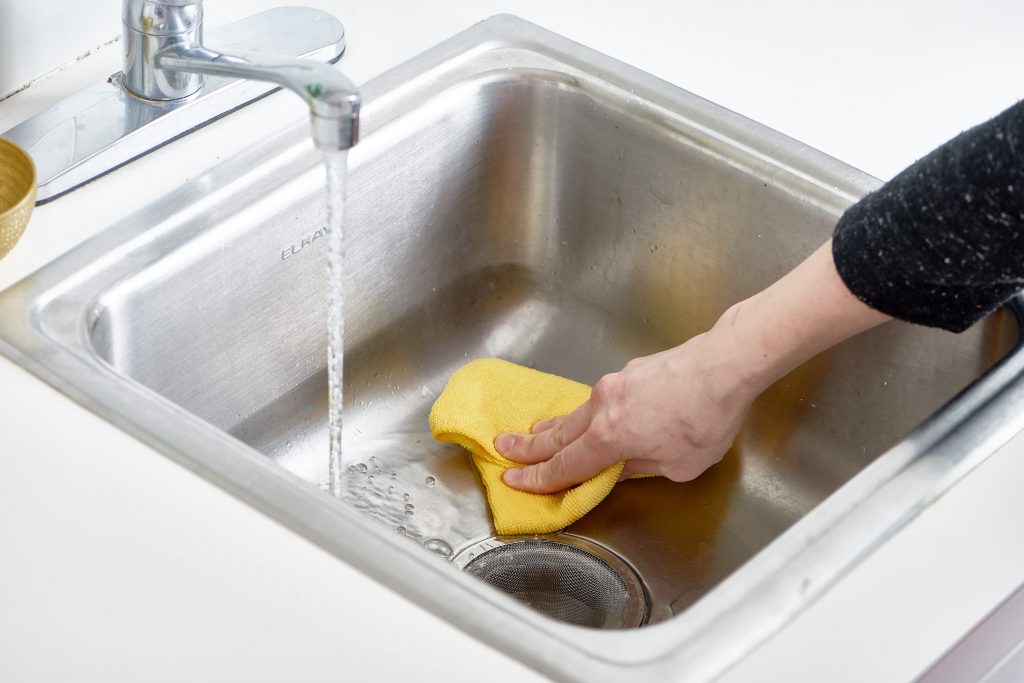 Most importantly, when it doubt about a food item, throw it away. Children, the elderly, and those with weak immune systems are especially vulnerable to foodborne illnesses. Trust us, that questionable chicken salad is definitely not worth the health risk!
Most importantly, when it doubt about a food item, throw it away. Children, the elderly, and those with weak immune systems are especially vulnerable to foodborne illnesses. Trust us, that questionable chicken salad is definitely not worth the health risk!


